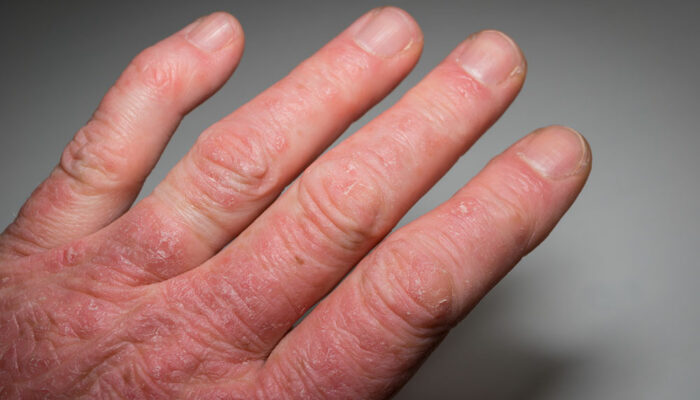
Things to Know about the Symptoms of Anemia
One of the main proteins present in the red blood cells is hemoglobin. It essentially carries oxygen and delivers it to the various parts of the body. When one is anemic, lower hemoglobin levels will lead to the various tissues in the body or even organs not getting the required level of oxygen. It is, therefore, imperative that one knows how to identify the symptoms of anemia so that treatment options can be looked into at the earliest.
Who can get anemia?
Anemia affects nearly 6-7% of the American population (across all age groups). Those with other, existing chronic diseases are far more susceptible to this condition.
- It affects people of all age groups and gender. Some forms of anemia are passed through the genes and the infants may, unfortunately, have it right from birth.
- Pregnant women tend to lose a lot of blood during pregnancy and childbirth, and as a result, they are susceptible to iron-deficiency anemia.
- Older adults who have other chronic ailments like kidney disease and other medical conditions.
Symptoms of anemia
It is imperative to note that the symptoms of anemia are extremely mild at first that the person may not even notice it. Symptoms also largely vary based on the nature/type of anemia. Some of them include:
- Frequent sensation of passing out. There is a constant dizziness and lightheadedness no matter what you do.
- Unusual heartbeat (it is rapid and fast)
- Shortness of breath
- Headaches
- Pain, especially in the bone, joints, and chest areas. Many people have reported that one of the first visible symptoms that they have experienced with anemia is a pain in the skeleton-muscular region.
- Skin looks pale and yellow
- Weakness
- Tiredness and fatigue
- Feet and hands are always cold
- Children and teens have problems with growth
While the above-mentioned are general symptoms of anemia that should be noted, it would be best to get your blood tested if you have the following risk factors:
- If you are not consuming a healthy diet that has the required quantity of vitamins and minerals, including B12 and folate, there is a high risk that you will get one of the symptoms above.
- If you have either Crohn’s disease or celiac disease, or both, you are at greater risk of getting anemia. This is because the conditions affect the ability of your intestine to absorb nutrients.
- If you are in the phase/age of menopause and you continue to bleed heavily, you are at a high risk of losing red blood cells, thereby getting anemia.
- If your family member has or had a history of anemia, you are at great risk of getting the condition yourself. Therefore, it is all the more vital for you to go for regular checkups throughout your life.



